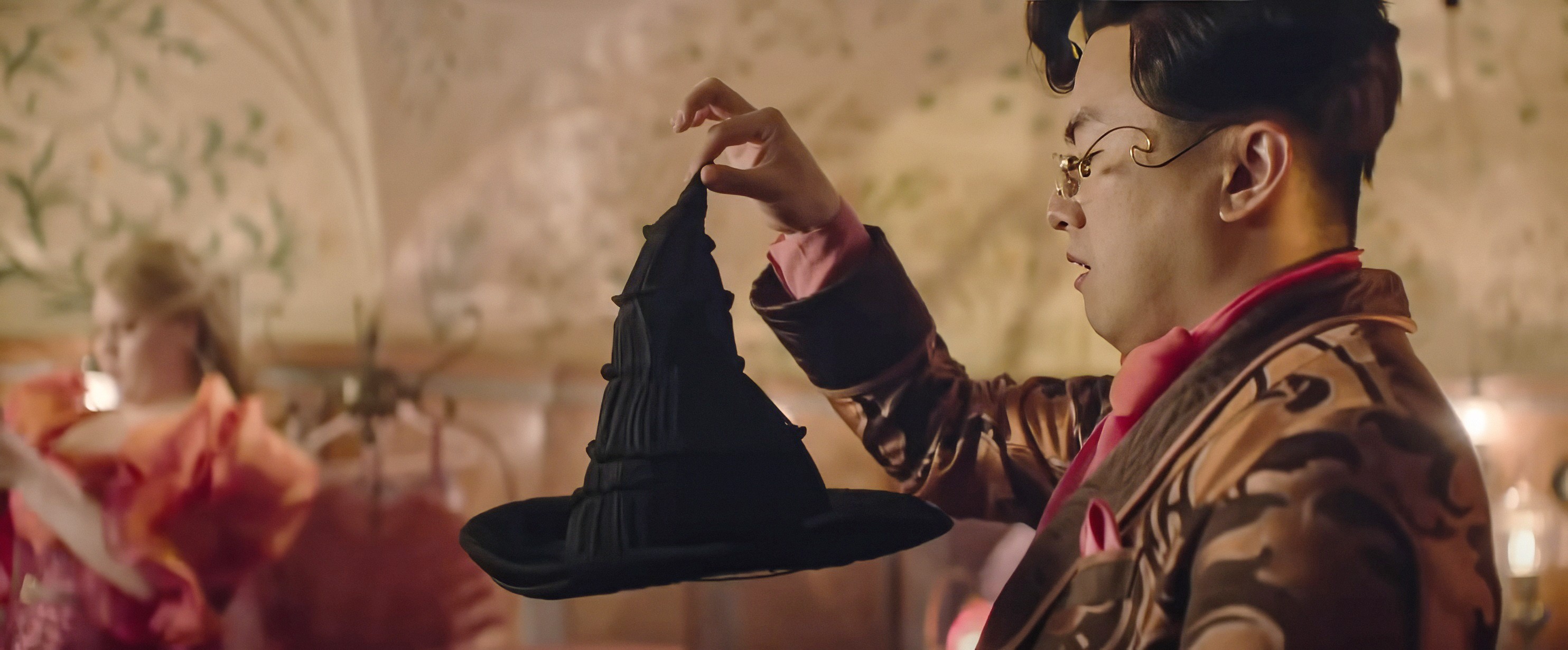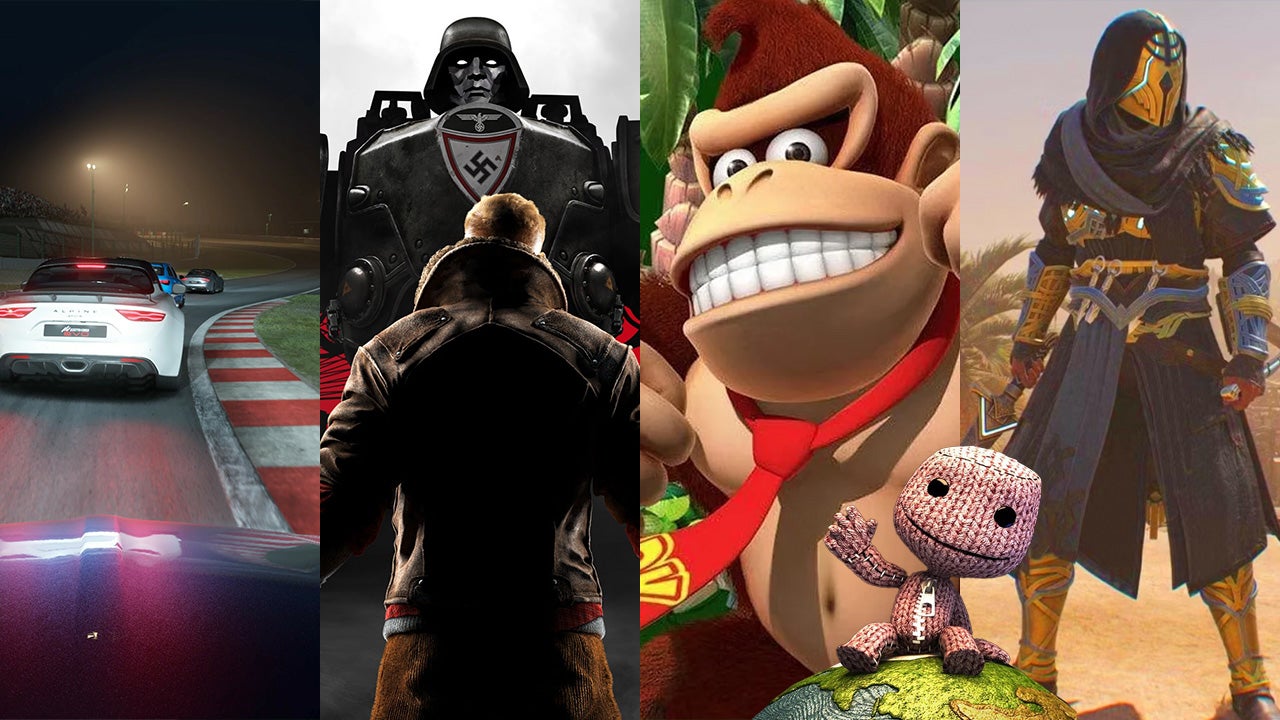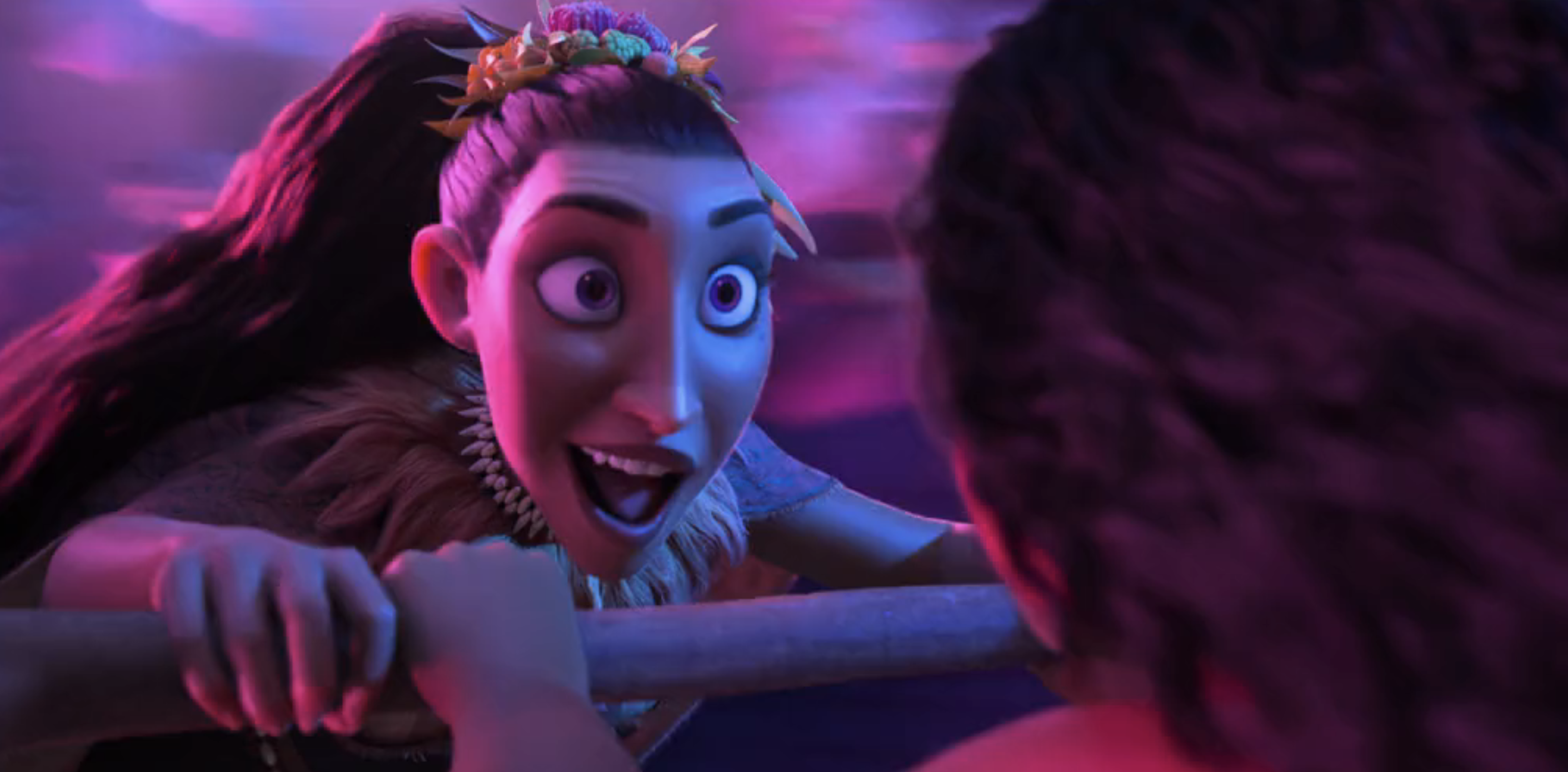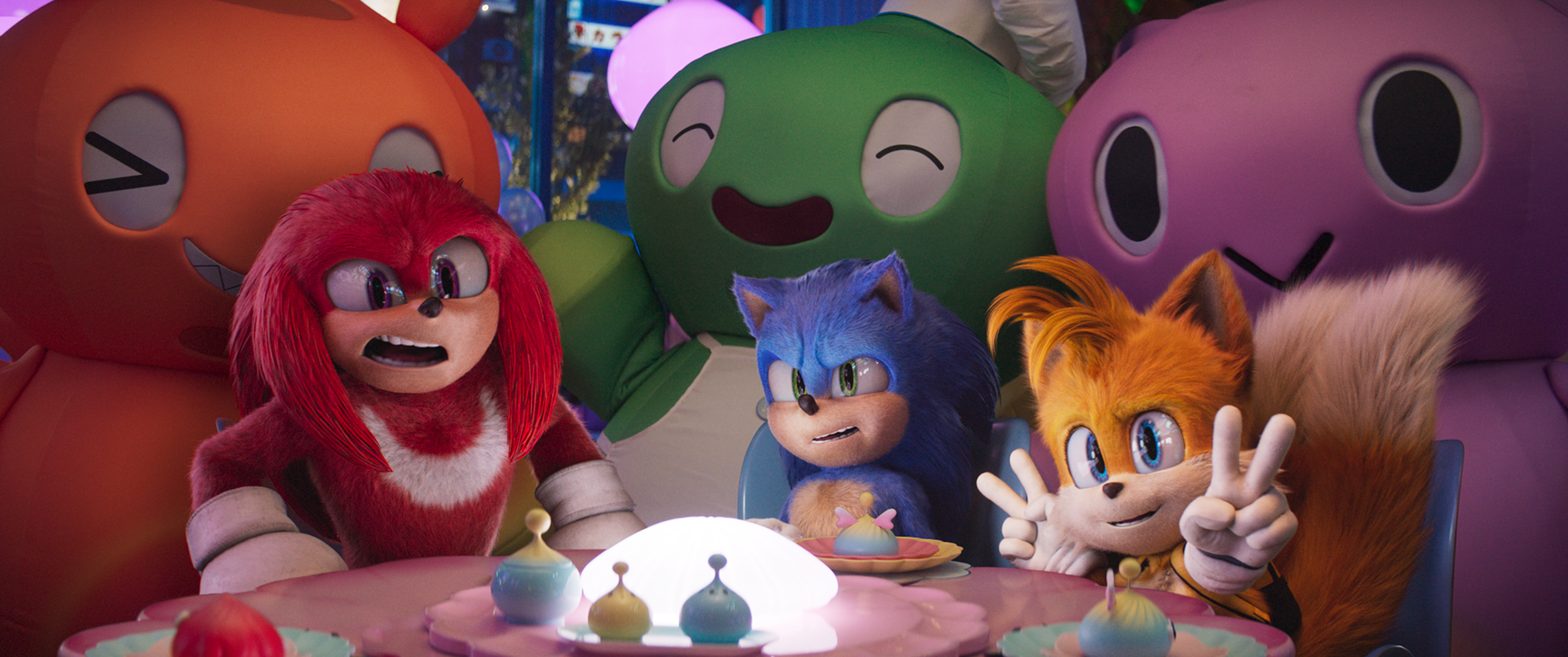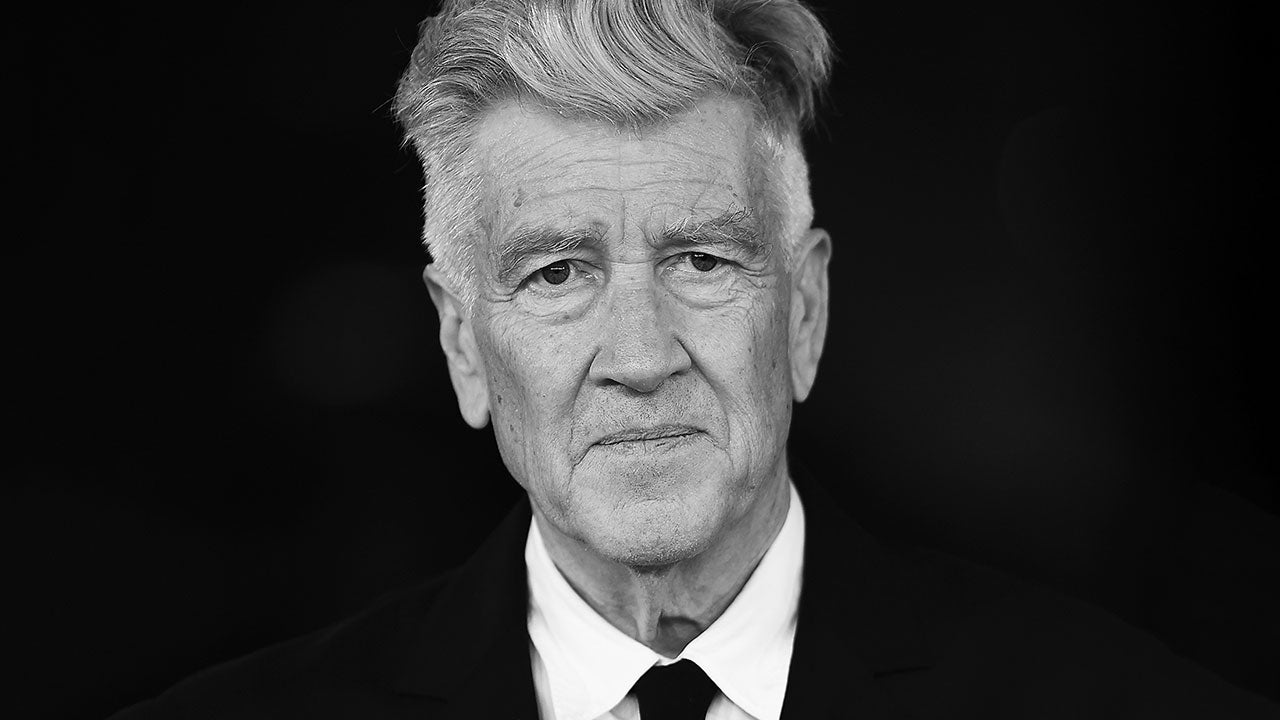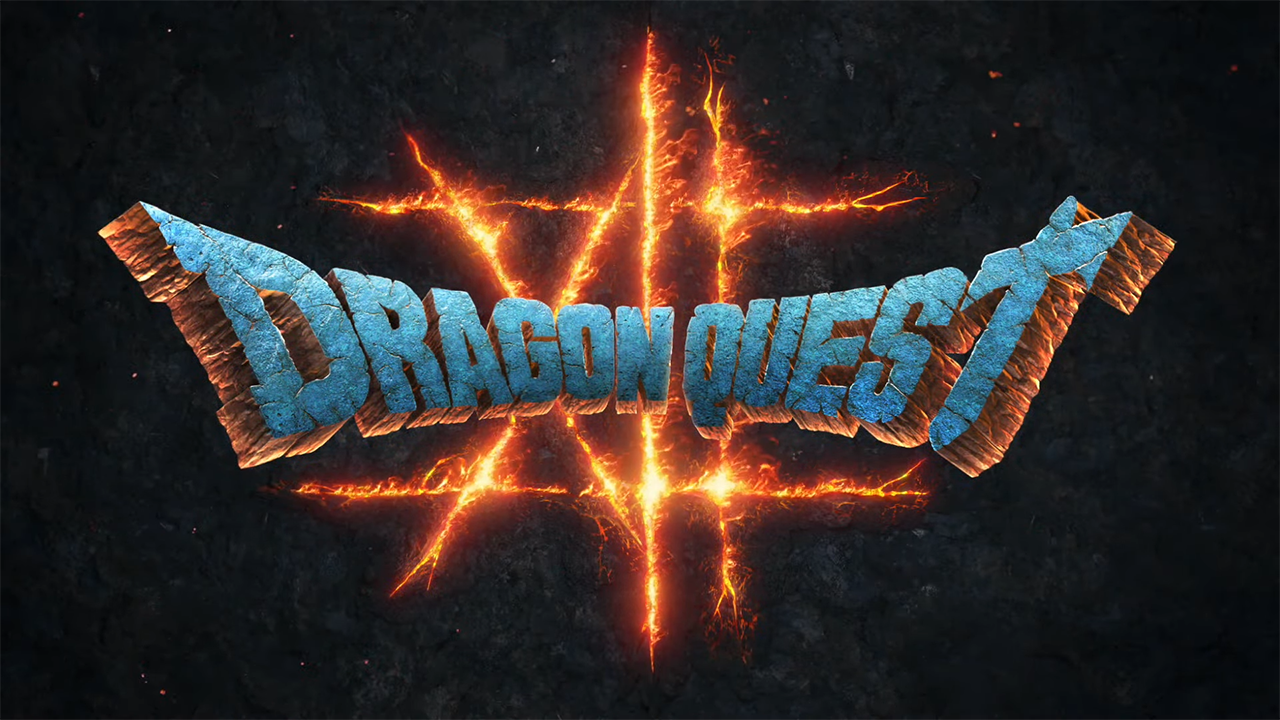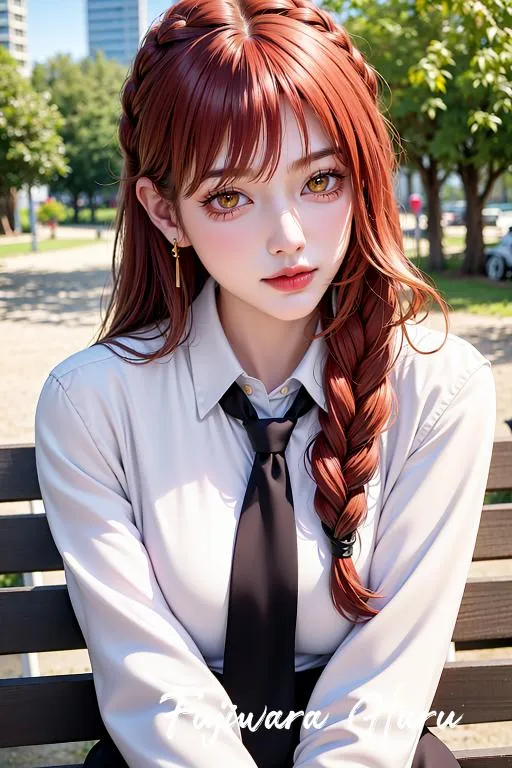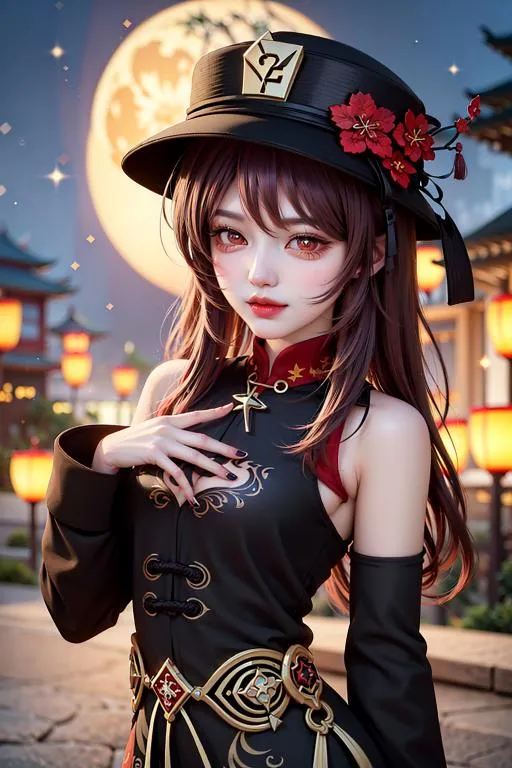
Good news! It’s dead! The myth that audiences won’t stand for a true-blue big-screen musical is dead!
The movie version of the Broadway hit Wicked is busting box-office records left and right, recently dethroning Grease as the highest-grossing film adaptation of a Broadway show in history. Add in strongly positive reviews, rapidly escalating Oscar buzz, and a “Part Two” due in 2025, and you’ve got a blockbuster success story that’s also a ready-made franchise starter. After decades of stage-to-screen musicals of varying levels of success, Wicked is bringing Broadway into the IP-driven era of cinema, signaling the dawn of the MTU: The Musical Theater Universe.
That’s right; just like Kevin Feige shifted an industry by heeding the requests of superhero aficionados clamoring for comic-reverent screen versions of their childhood faves, producers Marc Platt and David Stone have transformed their Broadway blockbuster into a big-screen juggernaut by remaining, above all else, faithful to the show as it exists onstage. Musical theater superfans can now join the Marvel crowd in their transformation from nerdy cultural subset to cool kids at the center of the zeitgeist. Comic book movie-centric sites that usually focus on news about the latest Spider-Man or Avengers flick are now flooded with Wicked explainers. And seemingly niche knowledge about the plot details of Wicked’s second act are now as mainstream a talking point as “What happens after the Snap in Avengers: Infinity War?”

We may be a long way out from the kind of shared cinematic universe where Elphaba and Glinda team up with Alexander Hamilton or Evan Hansen. But the bones of what made the MCU initially flourish are undoubtedly at play here: a weaponizing of nerd culture’s desire to see nostalgic texts of their childhood visualized faithfully but realistically on the big screen, and the franchising of those texts to the point where the wait time between installments, where theories can percolate and anticipations build, becomes as integral as the content of the films themselves.
This gambit has paid off in wildly successful dividends, and that’s an undeniable victory for the Broadway crowd, the ones who tirelessly rail against the casting of non-singers in movie musicals and protest every movie musical trailer that seems hell-bent on obscuring any whiff of the characters bursting into song, from Sweeney Todd to Into the Woods to Mean Girls. The casting of whisper-singing Angourie Rice in that latter film seems particularly laughable when Wicked has Cynthia Erivo, surely one of our most gifted vocalists: Her effortless transition from onstage powerhouse to natural screen presence makes her a no-brainer for Elphaba on film.
The same goes for Ariana Grande, whose Glinda launches into “Popular” with the vim and verve of someone clearly born for this sort of thing. Likewise, in director Jon M. Chu, Wicked has found a stage-to-screen translator who is a fan first and foremost. All together, they are brazenly unafraid to let their movie musical be an all-singing, all-dancing spectacle. And the box-office returns feel like vindication both for them and for the people who held out belief that Broadway movies could indeed achieve mainstream success.
And yet, as Glinda sings at the top of Wicked’s second act, “there’s a kind of a sort of cost, there’s a couple of things get lost…”

Much like with MCU series entries, Wicked the movie has a sugar-rush sensibility. It scratches an itch for a big holiday tentpole piece of family entertainment, but doesn’t reverberate much beyond the walls of the cineplex. For better or worse, what Chu has delivered is essentially a cinematic souvenir program of the musical as it exists onstage: It’s high on fan service, low on imaginative adaptation, almost damagingly obsessed with not shaking things up, not doing anything to incur ire from the show’s fans.
Though the movie runs almost as long as the stage show and still only gets us to the intermission, there’s bafflingly little new material on the screen: This is the first act of Wicked, padded to the gills. No songs have been cut, no scenes rearranged. Everything from Broadway has been preserved and expanded, with little hunger for creating anything fresh, and a focus on blowing out fan-favorite moments to the nth degree until every possible tear is wrung from Glinda’s and Elphaba’s first dance together and the appearance of a certain broomstick has the same crowd-pleasing potential as, say, Captain America grabbing Thor’s hammer in Avengers: Endgame.
That approach leaves little for the superfans to grouse at. That said, anyone looking for a true cinematic adaptation of the musical may walk away befuddled.

It’s important to note that this kind of easy reliance on nostalgia has always been integral to Wicked. Though it debuted on Broadway five years before Robert Downey Jr. first suited up as Iron Man, the musical’s staging of Elphaba donning her black cape and pointed hat, or clutching her broomstick for the first time, is exactly the kind of “So that’s how it happened” origin-story moment we’re used to seeing in everything from Captain America: The First Avenger to Cruella these days. The show’s second act is a minefield of prequel table-setting for The Wizard of Oz, from how the Scarecrow got stuffed to why the Lion is so cowardly. (Future Wicked: For Good explainer headline incoming: “Who Glinda Meant When She Said ‘Her Little Dog Dodo’: 5 Fun Facts About Dorothy’s Pet.”)
But there’s a somewhat depressing nature to the degenerative mimeographing of this kind of fan service, particularly for an avid fan of both cinema and Broadway musicals. I suppose a Wicked movie is uniquely suited for this present moment, where a movie’s connection to other movies (or TV shows, or comics, or whatever else) is valued more than the movie at hand. But Chu’s Wicked: Part I still feels like a weird sort of copy of a copy, the basic but essential conversation with The Wizard of Oz all but forgotten in favor of a lamer one with a big stage success. On screen, when Elphaba grabs her broom, it’s less about The Birth of the Wicked Witch of the West, and more about The Birth of a Famous Character from Musical Theater. It’s as though Hello, Dolly!’s Dolly Levi or Gypsy’s Mama Rose were having their own Avengers moments.
This treating of the stage show as sacred has been a badge of honor for the creative team, with Chu proudly stating how Ariana Grande would often balk at changes to the source material, saying “That’s bible, you can’t remove that line.” But while that trust in the original show is admirable, there’s a rigidity to this kind of thinking that isn’t so far from toxic fandoms imposing absurd limitations on comic book movies or Star Wars entries (say, “Luke Skywalker wouldn’t toss his lightsaber over a cliff” or “Batman doesn’t eat pussy”).

It’s not that Wicked stans have revealed themselves as possessing anything near the vitriol of some Last Jedi naysayers. But the desire to be so precious and sacrosanct about every single line of a musical about how the Wicked Witch of the West got her broom — so much so that it needs to become two 160-minute films — isn’t so different from the impulse that motivated the “Release the Snyder Cut” bros.
There’s a way to remain faithful in spirit to a stage show, and still create something fresh and new for the screen that can exist on its own terms. That’s what Rob Marshall did with Chicago more than 20 years ago, jettisoning six of the show’s songs and introducing a cinematic conceit that foregrounded Roxie Hart’s desire to be a star, transforming the remaining numbers into hallucinatory episodes in her mind’s eye. Since then, some filmmakers have shown similar daring in adapting Broadway: Hairspray, Tick, Tick… Boom!, and Steven Spielberg’s West Side Story are genuine screen adaptations, playing fast and loose with the source material without sacrificing any of the musical energy or dynamism that made these shows so successful onstage.
By comparison, Wicked feels as cold and clinical as brand management — not just in stage-to-screen translation, but visually as well. The film’s washed-out, homogenous cinematography has been criticized already. It’s true the film biffs an opportunity to place Elphaba and Glinda back in the iconography of the 1939 classic The Wizard of Oz, or at least to crib from that film’s iconic mastery of color and design. And it’s true we could imagine a livelier, more vibrant setting, with more tangible, tactile creatures — animatronic or puppeteered flying monkeys that unsettle and disturb, production design that’s more The Dark Crystal or Labyrinth and less Ant-Man and the Wasp: Quantumania or Thor: Ragnarok.

But perhaps the film’s most dispiriting visual flourish is its staging of “Defying Gravity.”
Onstage, it’s a magic trick: A cherry-picker, concealed by fog and a mountain of black fabric, hoists an actress into the air as she holds her broom aloft. But what we see is flight, not to mention one of the most exhilarating and iconic coups de théâtre of the century. On screen, it’s thuddingly literal, the magic evaporated. In the same way that the splash-page maximalism of a Jack Kirby or a John Byrne comic becomes smaller and less magnificent when translated to reality, an expressionistically theatrical image full of wonder and power becomes transformed into the same-old-same-old CGI sludge we’ve seen a million times.
In this case, safety means success. And success is good for Wicked the movie, for Chu and Erivo and Grande, as well as for the fans to whom it matters so much. The box-office success of such a balls-to-the-wall musical as Wicked is a net positive for the genre.
But if the MTU is anything like the MCU, safety can also mean impermanence. Making a movie “for the fans” has become a surefire way to ensure a project won’t ultimately stand the test of time. That’s a big part of why Alfonso Cuarón’s Harry Potter and the Prisoner of Azkaban movie feels more warmly regarded these days than, say, Chris Columbus’ slavishly literal adaptation Harry Potter and the Chamber of Secrets. Or why Marc Webb’s arguably more faithful Spider-Man flicks still hold less cultural sway than Sam Raimi’s voicier interpretations. Future MTU filmmakers, take note: Love your source material, and hire actors who can sing. But make a movie, not a paint-by-numbers facsimile of the show as it exists onstage.

Imagine a Hamilton movie that looks like Barry Lyndon but feels like Childish Gambino’s “This Is America” music video. Or a Rankin/Bass-style claymation Urinetown, or a Spring Awakening in the style of 24 Hour Party People. Should we not attempt to dream of more ambitious adaptations of Broadway material, ones where genuine cinematic vision, theatrical reverence, and strong vocal chops aren’t mutually exclusive?
For now, Wicked is doing just fine. It’s spreading the gospel of the Broadway show to people who never would have had a chance to see it onstage, and reminding the die-hard fans just why they fell in love with it so many years ago. But is it creating its own unique fandom with its own unique take on the material? I suspect after the hoopla of the initial release, when the dust settles and we can really take a look at the man behind the curtain, we’ll see a film that is more like what Elphaba finally admits herself to be at the end of the second act: limited.
Source:https://www.polygon.com/opinion/500632/wicked-film-vs-broadway-play-comparison-cynthia-erivo-ariana-grande